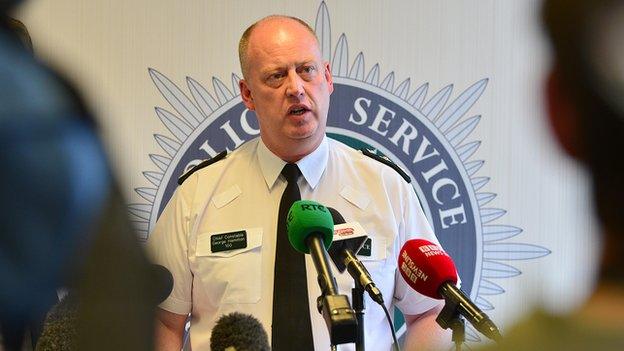NI paramilitary report: Does IRA 'army council' still exist?
- Published
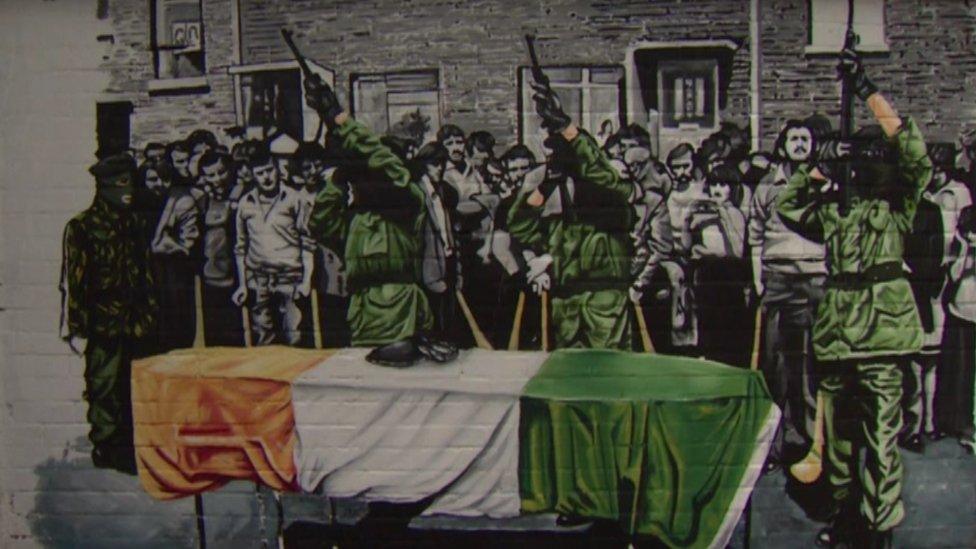
A independent panel is to give its assessment on Tuesday on the status of paramilitary groups, including the Provisional IRA, which announced an end to its armed campaign in 2005
Sinn Féin insists that the Provisional IRA has gone away and no longer exists, but the Police Service of Northern Ireland (PSNI) takes a very different view.
Chief Constable George Hamilton has already made it clear that the police believe the Provisional IRA still exists, and that some of its members were involved in the murder of Kevin McGuigan in east Belfast in August.
Mr Hamilton has also said:
Some Provisional IRA structures remain in place
The organisation is "not on a war footing"
It is "not involved in paramilitary activity in the sense that they were during the period of the conflict"
The police assessment is the Provisional IRA remains committed to politics and is not engaged in terrorism
There is no information to suggest that the killing was "sanctioned or directed at a senior level"
Unless there have been dramatic developments in recent weeks, the paramilitary assessment to be published by Northern Ireland Secretary of State Theresa Villiers on Tuesday will mirror those views.
What the Chief Constable has not said is whether the IRA's ruling army council remains intact.
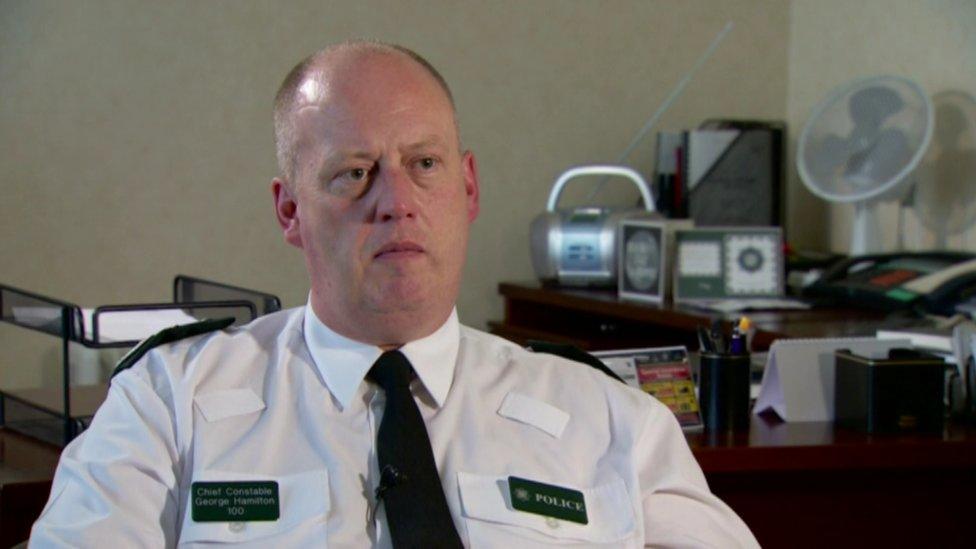
PSNI Chief Constable George Hamilton has said the Provisional IRA still exits but its role and purpose today is "radically" different
I asked Mr Hamilton that question on 22 August, just minutes after his press conference at PSNI headquarters when he said members of the IRA killed Kevin McGuigan.
"I don't want to get into the detail of that," he replied.
"What I am happy to say is that, at an operational level, we do not see the infrastructure that existed in the 1990s - people are not targeting, there is no procurement of weapons, there is no intention to murder people for political purposes.
"Our assessment is that the hierarchy of the organisation, so that it can be co-ordinated, controlled, and that members can be influenced, still exists.
"There's a number of names given to different tiers of that hierarchy, and I am not going to start speculating," Mr Hamilton added.
'Political alternative'
Ass Ch Con Will Kerr, the officer who leads the PSNI's efforts to combat paramilitary activity, has also refused to be drawn on the issue.
Last month, he told a public meeting of the policing board that the IRA's operational tier, its so-called Active Service Units, no longer exist.
But when asked a direct question about whether the IRA army council is still in place, he declined to comment, saying he did not want to talk about "labels".
Given that the aim of this assessment is to provide an analysis of the current structure of the Provisional IRA, it seems reasonable to expect it to answer this question.
If it says there is an army council, the focus will be on what it says about its role and purpose.
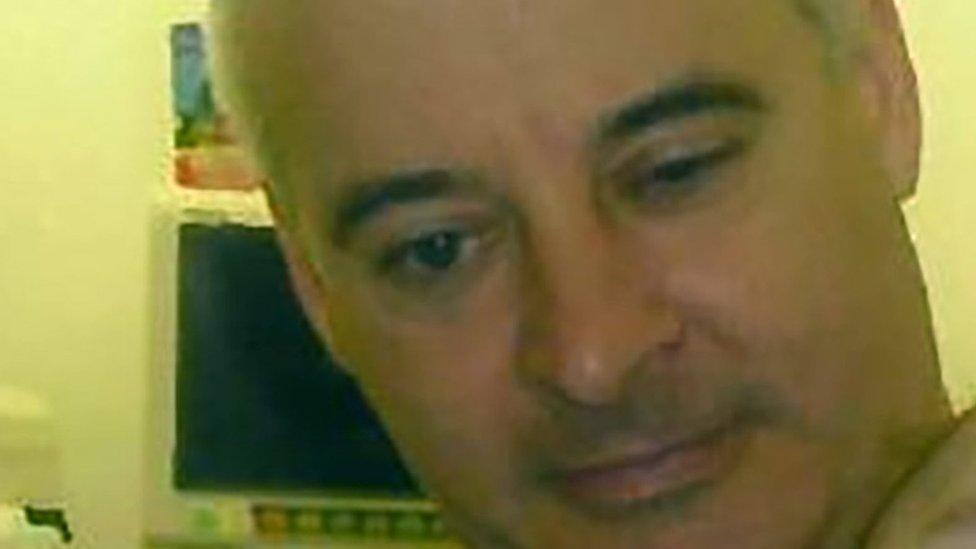
The paramilitary assessment was commissioned by the government after the murder of former IRA man Kevin McGuigan Sr led to a political crisis at Stormont
Mr Hamilton has suggested that retaining some level of control may have been necessary for the IRA to ensure its members supported a political alternative to violence.
"There is a mechanism, perhaps to bring people along this path of the peace process, to pursue a peaceful political republican agenda without recourse to violence," he told me in August.
'Prevent defections'
The chief constable has said its role and purpose today is "radically" different to the period of the Troubles in Northern Ireland, when it directed a campaign of violence.
Some security sources have also said the continued existence of a Provisional IRA structure may have helped prevent defections of former members to the ranks of dissident republican organisations.
The chief constable has publicly managed to avoid answering direct questions about the current status of the IRA army council.
It is unlikely he managed to avoid answering similar questions from the paramilitary assessment panel appointed by the secretary of state.
The question now is, will Ms Villiers reveal the answer in her statement to the House of Commons on Tuesday afternoon?
- Published20 October 2015
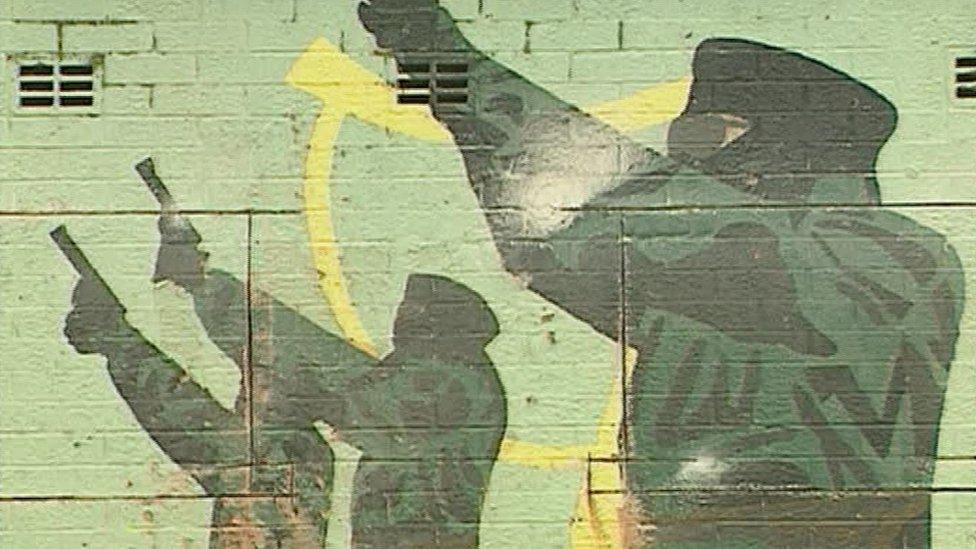
- Published13 November 2015
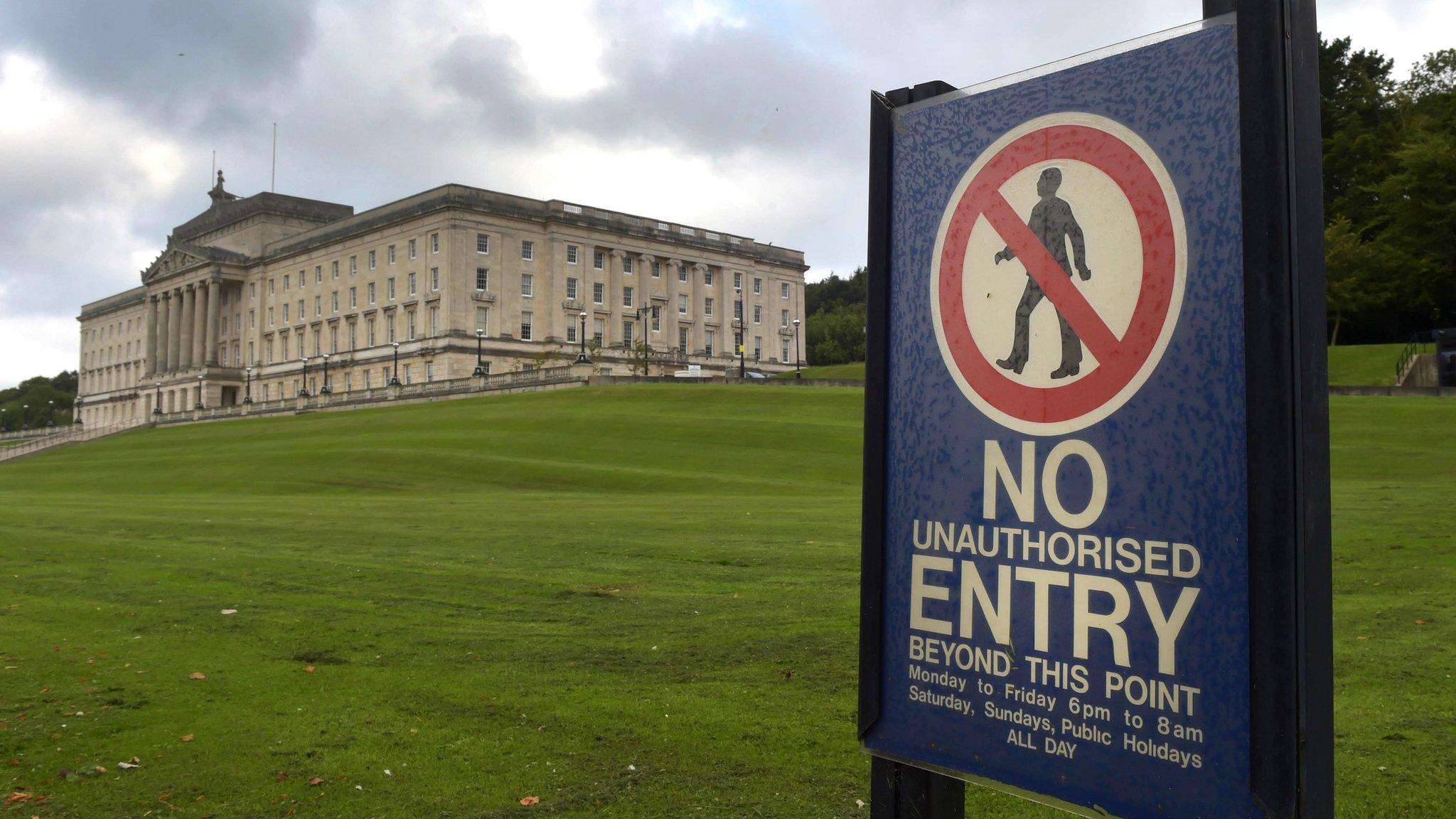
- Published22 September 2015
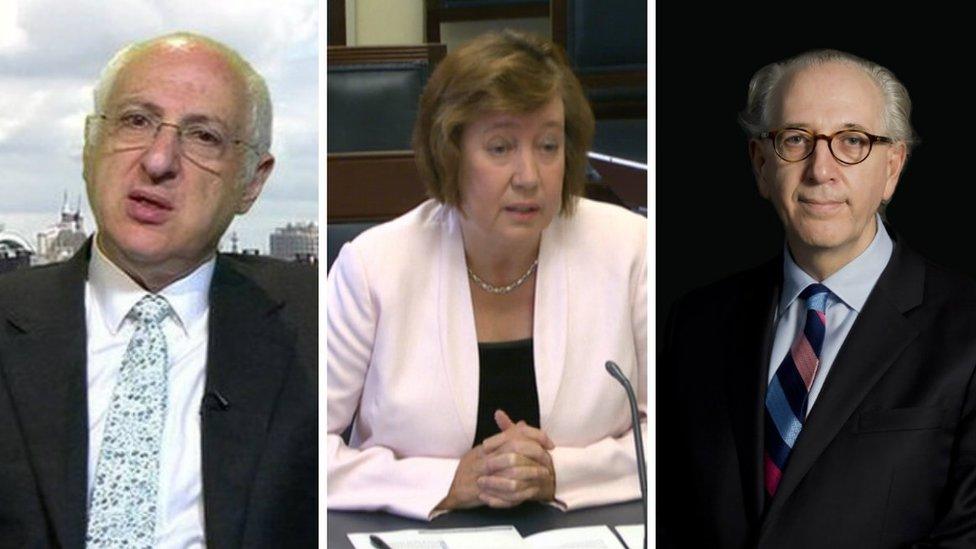
- Published22 August 2015
